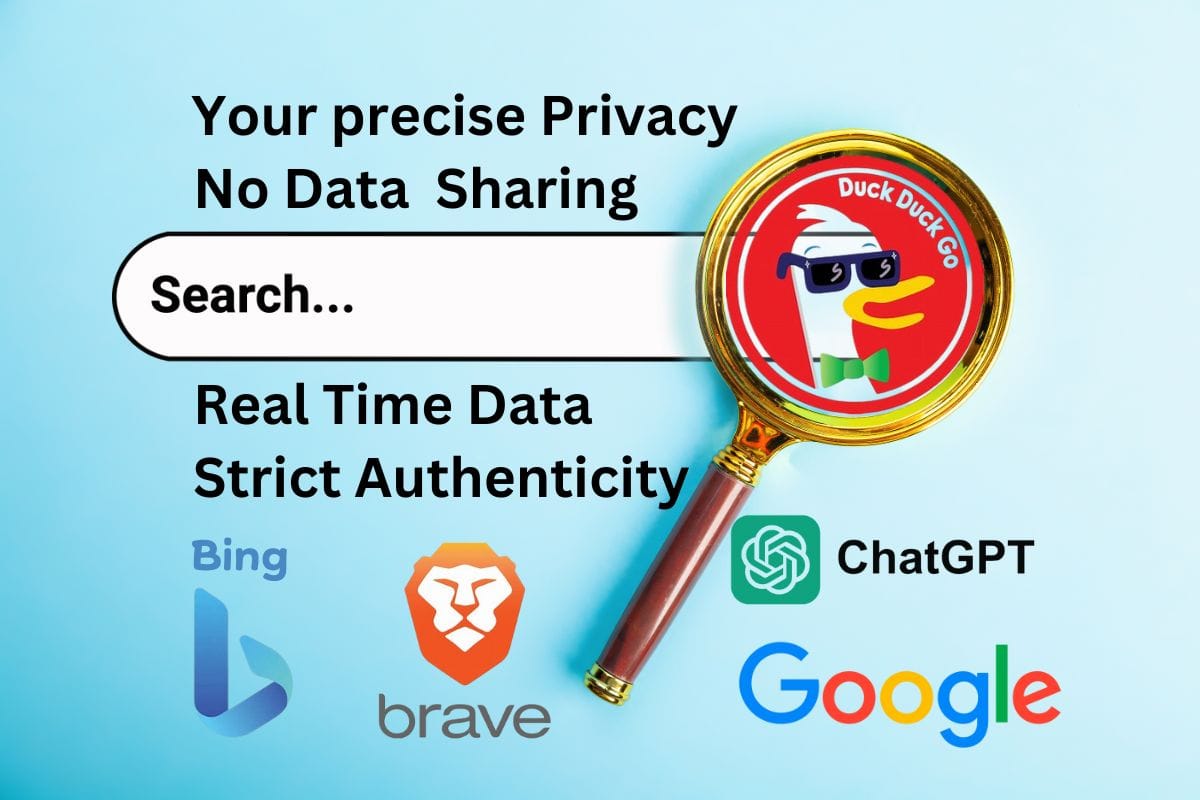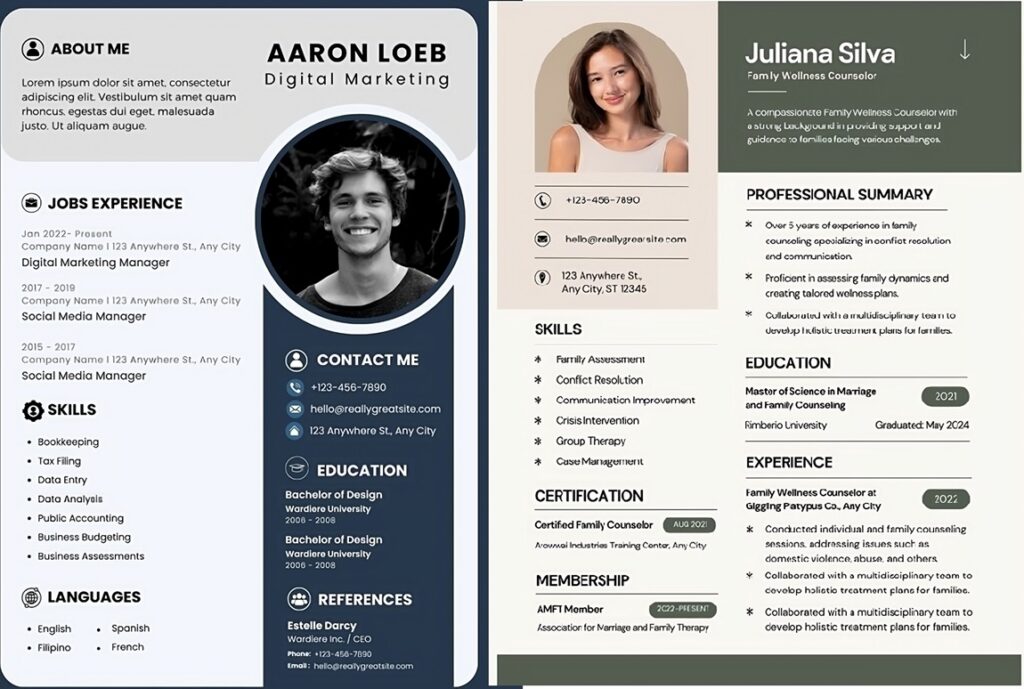Finding the best search engine without data leakage is crucial for users looking for fast and accurate results. Google leads with billions of searches every day. However, concerns about privacy and AI push people towards other options with special features.
Microsoft’s Bing has over 5.3 billion monthly visitors, offering a strong mobile presence. ChatGPT Search, with its AI, attracts about 4.5 billion visitors monthly. This makes the search engine world exciting to explore.

DuckDuckGo has over 3 billion monthly visitors, focusing on privacy. Yahoo! also has 3.5 billion users with a wide range of features. Their unique offerings and user bases highlight the need for a detailed search engine comparison. Brave Browser has approximately 28.64 million daily active users
Key Takeaways
- Google remains a powerhouse, processing billions of searches daily.
- Bing garners over 5.3 billion monthly visitors with strong mobile traffic.
- ChatGPT Search impresses with AI-driven insights and a substantial desktop audience.
- DuckDuckGo offers a privacy-centered alternative for over 3 billion users monthly.
- Brave is the best alternative for Google; it is ad-free, has no tracking or leakage, and is safe for data.
- Understanding traffic distribution and unique features is key to choosing the best search engine.
Why Explore Alternatives to Google?
Google is the top search engine, with about 90% market share and over 4.3 billion users worldwide. But, many are looking for other options due to privacy concerns and algorithmic bias. Google makes most of its money from ads, which can sometimes upset users. This has led people to seek out search engines that better respect their privacy and meet their needs.
More and more people are worried about privacy concerns. They want to know how their data is used and shared. Search engines like DuckDuckGo are gaining popularity because they keep user data private and don’t track search history. This shows a growing need for search engines that value user privacy.
Another reason people are looking for alternatives is dissatisfaction with algorithmic bias. Google’s algorithms can sometimes favour popular content over diverse information. This can limit what users see. Search engines like Perplexity AI offer different answers and follow-up questions, providing more balanced information.
Specialized search needs are also a big factor. Some users need search engines that focus on specific topics. For example, Perplexity AI gives quick, detailed answers to specific questions. This makes it a great choice for users with specific information needs.
In summary, looking for alternatives to Google is more than finding a new search engine. It addresses privacy concerns, reduces algorithmic bias, and meets specialized search needs. This makes it a good idea to explore different search engines.
Comparison of Google vs Bing vs ChatGPT vs DuckDuckGo vs Brave
It’s key to know what makes each search engine unique. Google leads with a big share of the market. But Bing, ChatGPT, and DuckDuckGo are catching up, each with strengths.
Google: The Ubiquitous Powerhouse
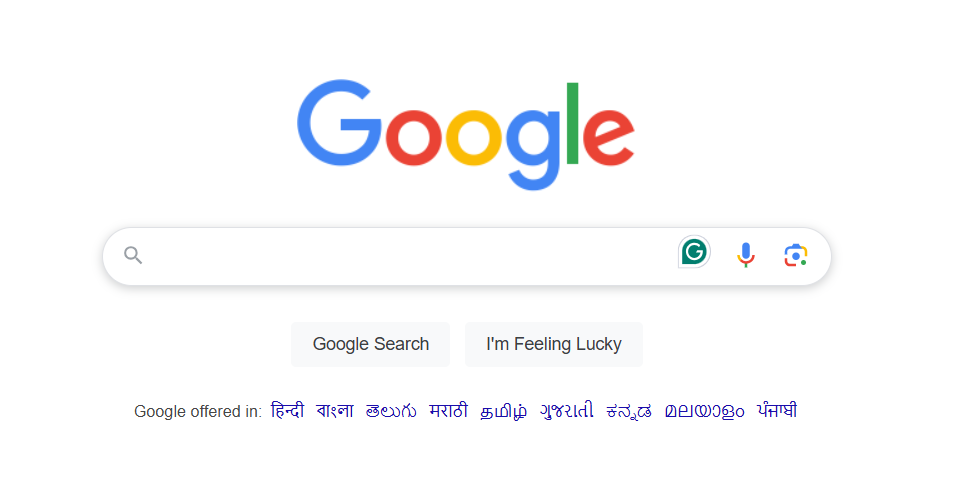
Google handles over 8.55 billion searches every day. It has a huge 91% of the search engine market. It’s known for quick, precise results on specific topics and products.
Google’s algorithms work fast to give users the right info. But, it also raises privacy concerns because it collects a lot of data.
Bing: Integrating AI-Powered Insights
Bing has a global market share of 8.88%. It uses Microsoft Copilot’s AI chatbot to make searches smarter and easier. In the US and UK, Bing has a good share of the market. Its AI helps make search results more accurate and user-friendly.
ChatGPT: Revolutionizing Natural Language Search
ChatGPT changes how we search by using natural language to answer questions. It’s great at conversational queries and gives direct, clear answers. But it doesn’t have real-time data. ChatGPT is perfect for those who want quick, simple answers without looking through many websites.
DuckDuckGo: Prioritizing Privacy and Anonymity
DuckDuckGo is all about privacy. It doesn’t track or personalize search results. It has a smaller market share but is a safe choice for those who value privacy. Its no-tracking policy is a big plus for those who don’t want their data collected.
Brave: Search does not track or profile users.
Seamlessly integrates with the Brave Browser, which includes additional features like Shields (blocking ads and trackers), Brave Rewards, and a built-in crypto wallet. Users can choose an ad-free search experience. It operates on a fully independent index of the web, meaning it doesn’t rely on other search engines
Factors to Consider in Choosing the Best Live Search Engine
Choosing the right live search engine involves several important factors. Knowing these can make your search better.
Accuracy and Authenticity of Results
Search result authenticity is key in today’s world. With so much information out there, finding reliable sources is crucial. Search engines like Google and Bing check the credibility of their results. This helps users find trustworthy answers.
Real-Time Data Capabilities
Getting real-time search data is vital. In our fast-paced world, users want the latest news and trends. Search engines like Google and Bing provide this, making searches more relevant and timely.
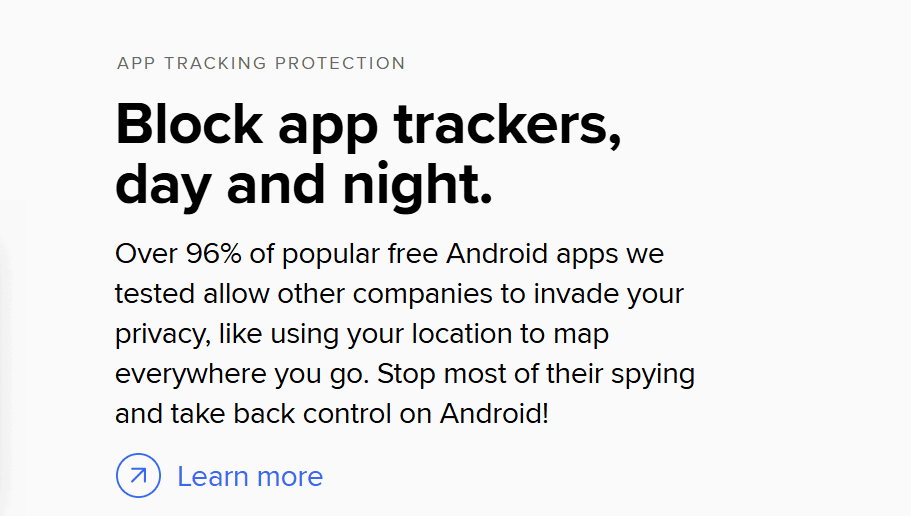
User Interface and Experience
A user-friendly search interface is essential for a good search experience. The design and ease of use can make a big difference. For example, Google’s simple design helps users find what they need quickly. DuckDuckGo’s focus on privacy also makes searching easier and cleaner.
In short, look for search engines that offer accurate and authentic results, real-time data, and a user-friendly interface. Finding the right balance ensures you get the best search experience.
Bing: Integrating Microsoft Copilot
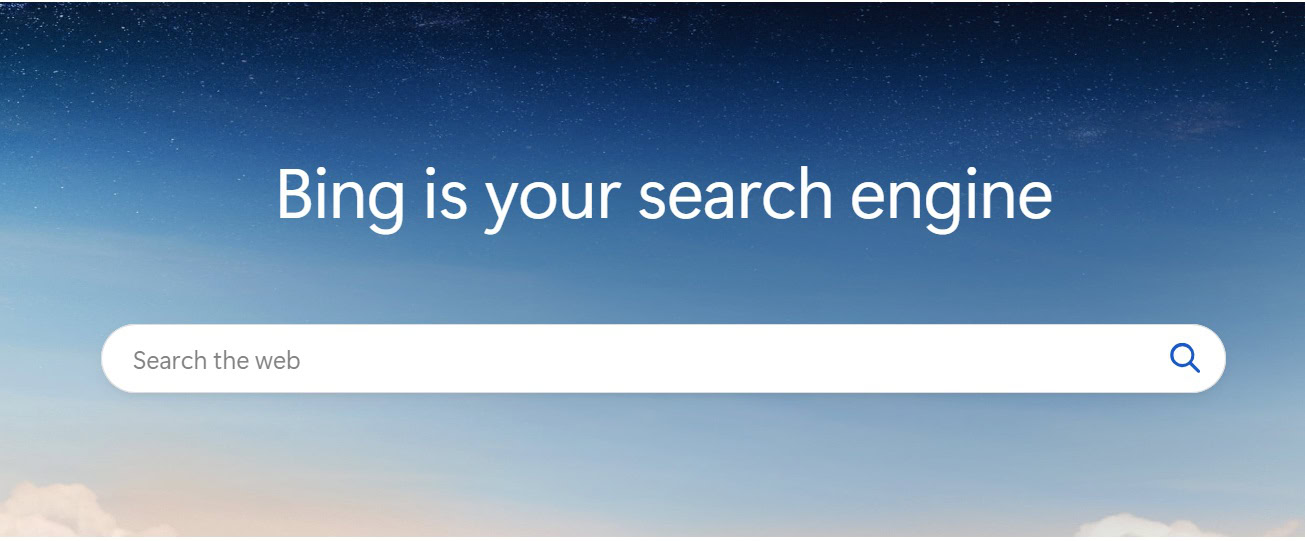
Microsoft’s Bing search engine was launched in 2009. It has been updated with Microsoft Copilot AI. This makes Bing a leader in AI search. Even though Bing has a small market share, its new features are attracting lots of users.
The Bing search engine now has Copilot, a smart AI chatbot. It can do many things like suggest recipes, write poems, and even book restaurant reservations. This AI assistant is powered by Prometheus, Microsoft’s advanced language model.
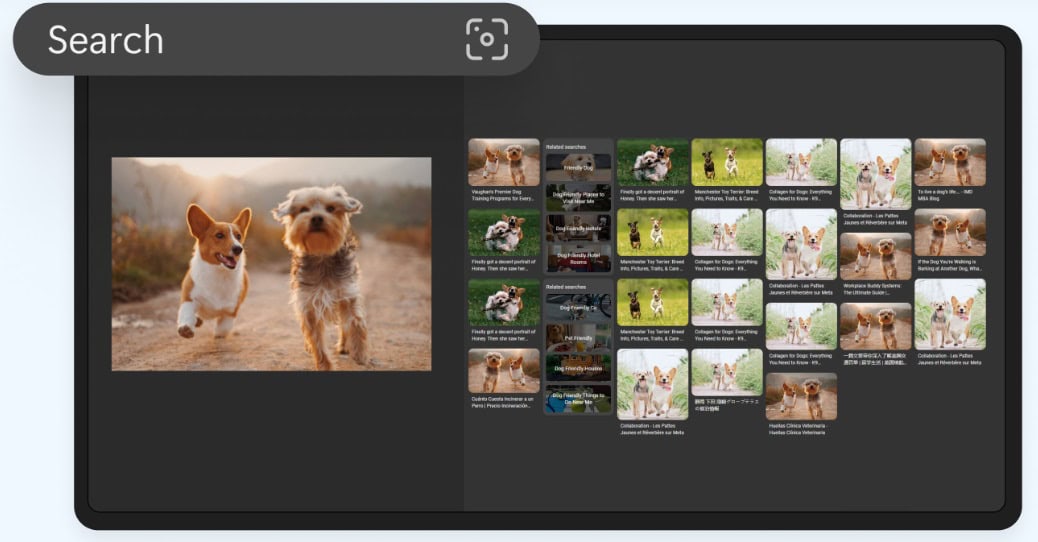
Microsoft CEO Satya Nadella said Copilot will change how we use technology. Users can try it out at Bing.com/new. Type in something like “Write me a poem” or “plants that survive with minimal light,” and Copilot will give detailed answers.
This shows how Microsoft Copilot AI is making searches better. Bing’s new AI search is more interactive and helpful. It’s a big step towards making search more user-friendly.
ChatGPT Search: A Natural Language Revolution

OpenAI’s ChatGPT search engine is changing how we find information online. It has 300 million users every week. This shows that people love its easy and fun way of searching.
ChatGPT is great at understanding complex questions. It’s not like old search engines that just look for keywords. It gets the real meaning behind your questions, giving you better results.
This makes searching feel more like talking to a friend. It’s easier and more natural.
The tech behind ChatGPT uses OpenAI’s GPT-4o model. This model gives detailed answers and adds photos and videos to your search. For $200 a month, users get extra features like more detailed responses.
ChatGPT has grown fast, reaching 200 million users by August 2024. Plus, Pro users get cool voice features. They can even make videos and take photos, making the search engine very useful.
In short, ChatGPT is a big step forward in how we search online. It’s easy to use and gets what you’re asking for. It’s changing the game for writing, coding, and finding information.
DuckDuckGo: The Privacy-First Search Engine
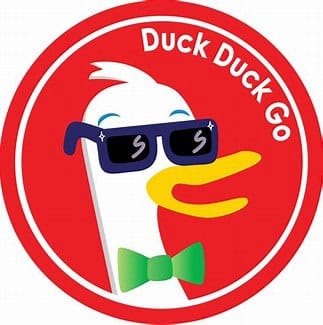
Since its launch on February 29, 2008, in Valley Forge, Pennsylvania, the DuckDuckGo search engine has grown significantly. It’s known for its focus on privacy. DuckDuckGo doesn’t track your search history or personal info.
By 2012, it was getting 1.5 million searches every day. This shows more people want privacy. By March 2022, it was handling over 100 million searches daily.
DuckDuckGo has always put privacy first. In August 2012, it became very popular, with 1,393,644 visits a day. It has added many features to keep users safe.
For example, it introduced Email Protection in July 2021. This has made DuckDuckGo a trusted name online.
In 2022, DuckDuckGo took big steps to protect users. It stopped working with Yandex Search after Russia’s invasion of Ukraine. It also blocked search results for major pirating sites.
It protected users from Google’s tracking and Microsoft’s trackers in August 2022. Debian package maintainers made DuckDuckGo the default search engine in Chromium in September 2022. This shows DuckDuckGo’s commitment to privacy.
DuckDuckGo is more than a search engine. It offers tools like private search and tracker blocking. It also has email protection and encryption.
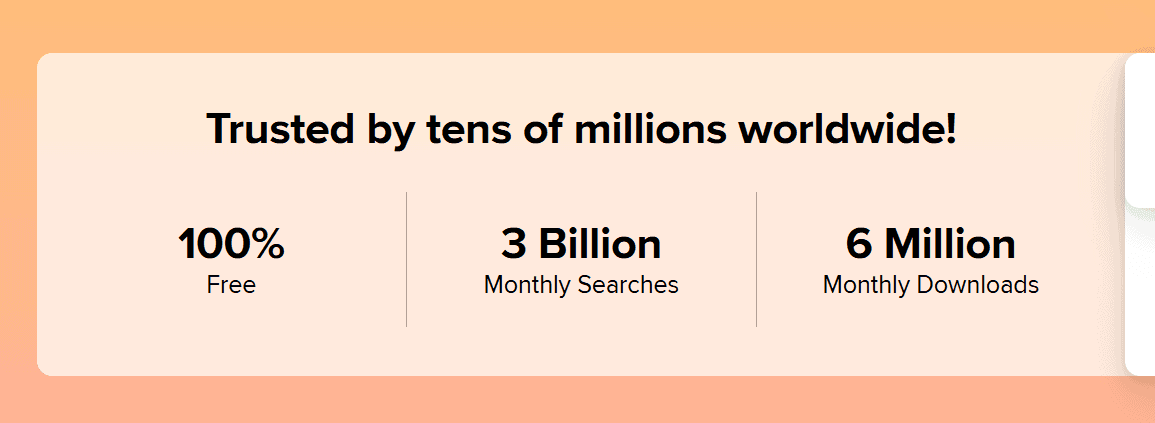
It protects against fingerprinting and link tracking. The Privacy Pro subscription includes a VPN and helps with identity theft. This shows DuckDuckGo’s dedication to privacy-focused searching.
DuckDuckGo helps users control their online privacy. It has a Fire Button to clear data and automatic cookie settings. It also has Global privacy control. These features make DuckDuckGo a key tool for millions worldwide.
Brave:
As of May 2024, Brave Browser has approximately 28.64 million daily active users.
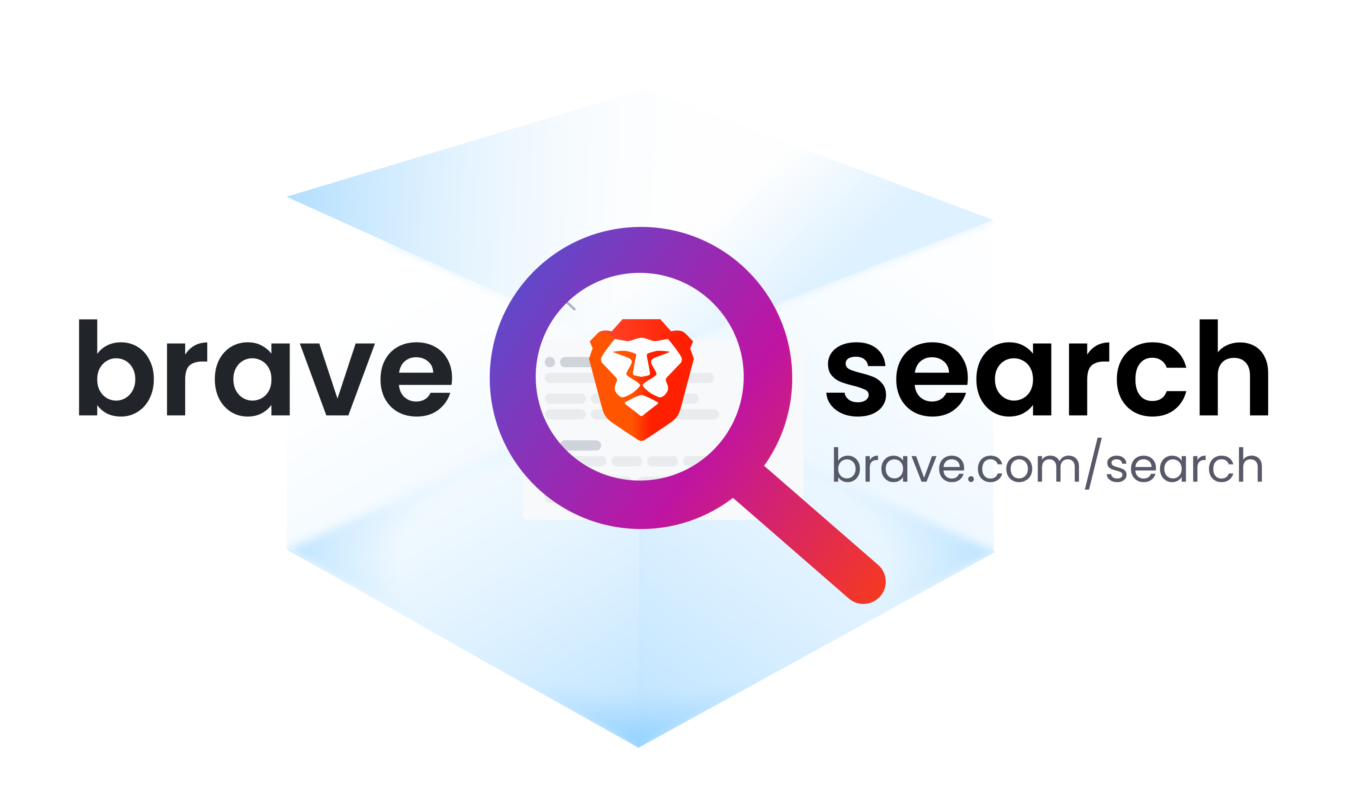
Brave Browser was officially launched on November 13, 2019. Brave Browser offers several benefits, making it a popular choice for users who prioritize privacy, speed, and a unique browsing experience. Here are some of the key benefits:
- Privacy-Focused: Brave Search does not track or profile users, ensuring your searches remain private
- Independent Index: It operates on a fully independent index of the web, meaning it doesn’t rely on other search engines
- AI-Powered Answers: The “Answer with AI” feature provides concise, to-the-point answers directly on the search results page
- Ad-Free Option: Users can choose an ad-free search experience by subscribing to Brave Search Premium
- Customizable Settings: Users can adjust settings to control privacy levels and search preferences
- Integration with Brave Browser: Seamlessly integrates with the Brave Browser, which includes additional features like Shields (blocking ads and trackers), Brave Rewards, and a built-in crypto wallet
These features make Brave Search a compelling choice for those prioritizing privacy and independence from big tech companies. Have you tried using Brave Search yet?
Conclusion: Best Search Engine Brave
Choosing the best search engine is more than speed or many results. You might want secure searching, AI tools, or features just for you. Google is the top choice, with 91% of searches in 2024. But Bing, ChatGPT, and DuckDuckGo offer something different, appealing to different users.
Bing AI, launched in 2023, uses Microsoft’s tech for better understanding and AI content. DuckDuckGo has focused on privacy since 2008. Google Bard, now Gemini, uses PaLM for advanced AI searches. You.com and Perplexity AI aim for more personal and insightful results.
The future of search is all about AI and privacy. Knowing what each search engine does best helps you pick the right one. With Bing, ChatGPT, and DuckDuckGo, the search world is getting better and more personal for everyone.
